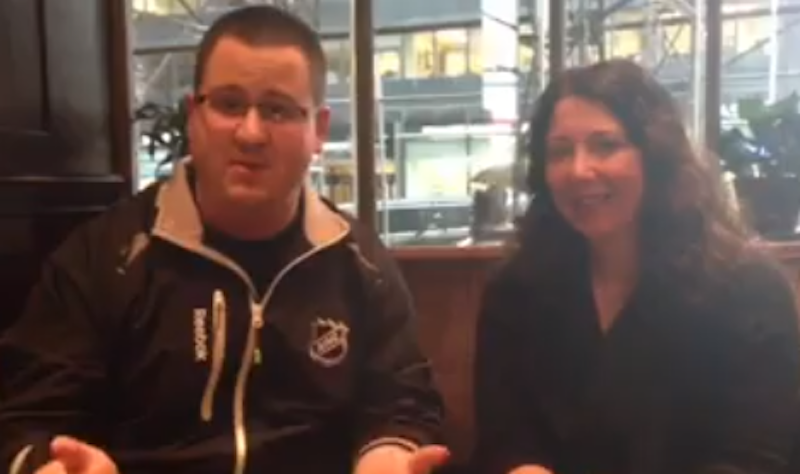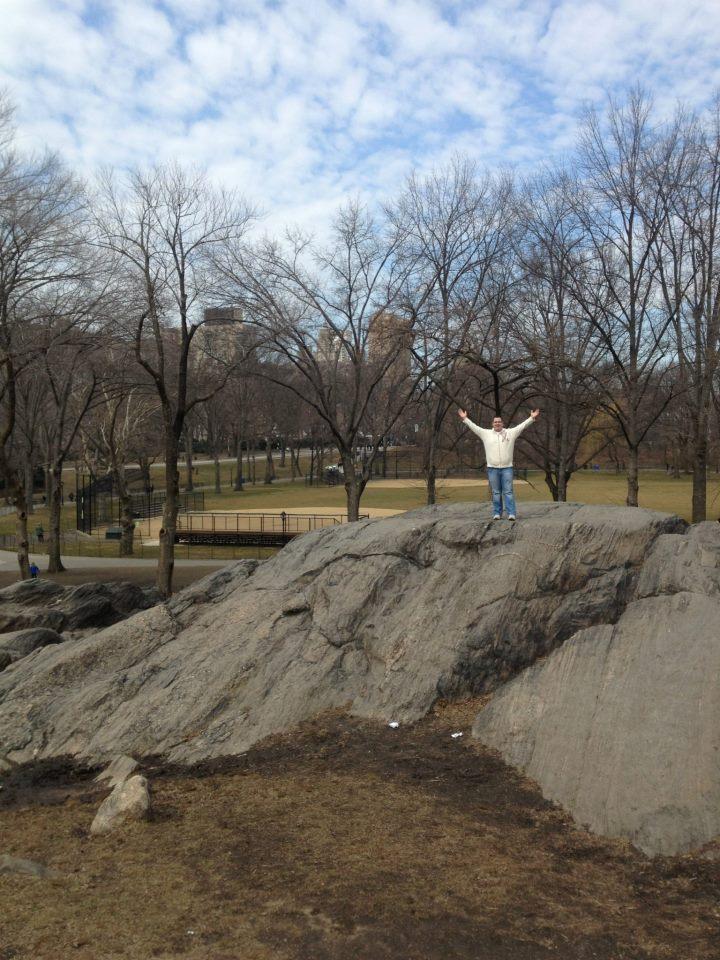The session “Thinking Like an Editor”, got me thinking before I even walked into the room, taught me a lot, then left me thinking long after I left.
This was the first time I have attended an academic conference on a collegiate level, and it really put how much I still have yet to learn into perspective. I walked into my session and just got the feeling that I was totally surrounded by upperclassmen, because well, it was for editors. Not to mention the fact that one of the tips we were given was to be nice to the freshmen and give them a fair chance to do great things. I guess I have to thank my upperclassmen editors for following that one.
Besides giving me a wake-up call, there were dozens of helpful tips from speaker Bill Elsen, a retired member of The Washington Post. His knowledge ranged from organizational strategies to what it truly means to be a successful leader as he saw it. Let me tell you, organizing a newspaper is easily one of the most challenging things to do, and being a leader is far easier said than done. The fact of the matter is, that no one can tell you exactly how to do these things.
What stuck with me are two things he said absolutely every editor should be, and that is flexible and versatile. When it comes to being an editor, flexibility takes on a variety of meanings. First, your schedule must be flexible, as news happens any time of the day or week. Editors must also be flexible in the way they handle situations. A writer could flake out on a story, an administrator could call angry about something that ran in the latest issue, files could get lost, and these are just the typical of the situations that require a need to adjust and move forward.
Versatility comes into play because as the editor, the staff is going to look to you as the person with all the answers. Editors need to know more than how to check for grammar and AP style, they need to know how to write, shoot video/photos, post content, edit, design, and more. Obviously they are not a one-man show, but having a general knowing and being able to answer anyone’s questions as readily as possible is becoming essential in media today.
More than anything, being an editor is a commitment. Actually, taking on responsibility for anything that you personally value and consider great is a commitment. Responsibility of any kind requires that same flexibility and versatility I discussed early, so apply this post to whatever you would like. The session talked about a lot of technicalities of management and strategies that I won’t bore you with, but it all boiled down to having the drive, and maybe spark of insanity, to dedicate a part of yourself to something like this.
These sessions have great advice to offer, but you can take away so much more than what is put directly in front of you, and as journalists that is what we should strive to do.






